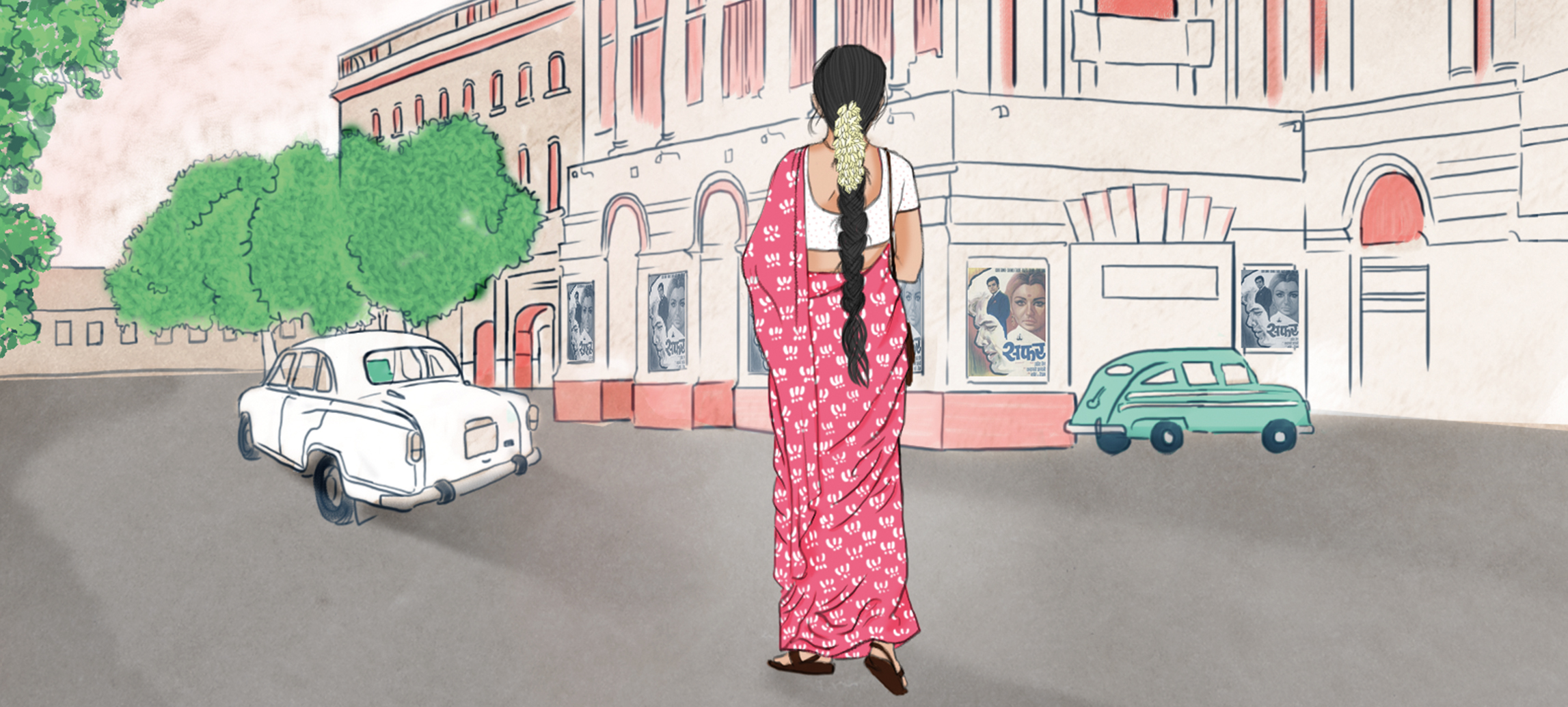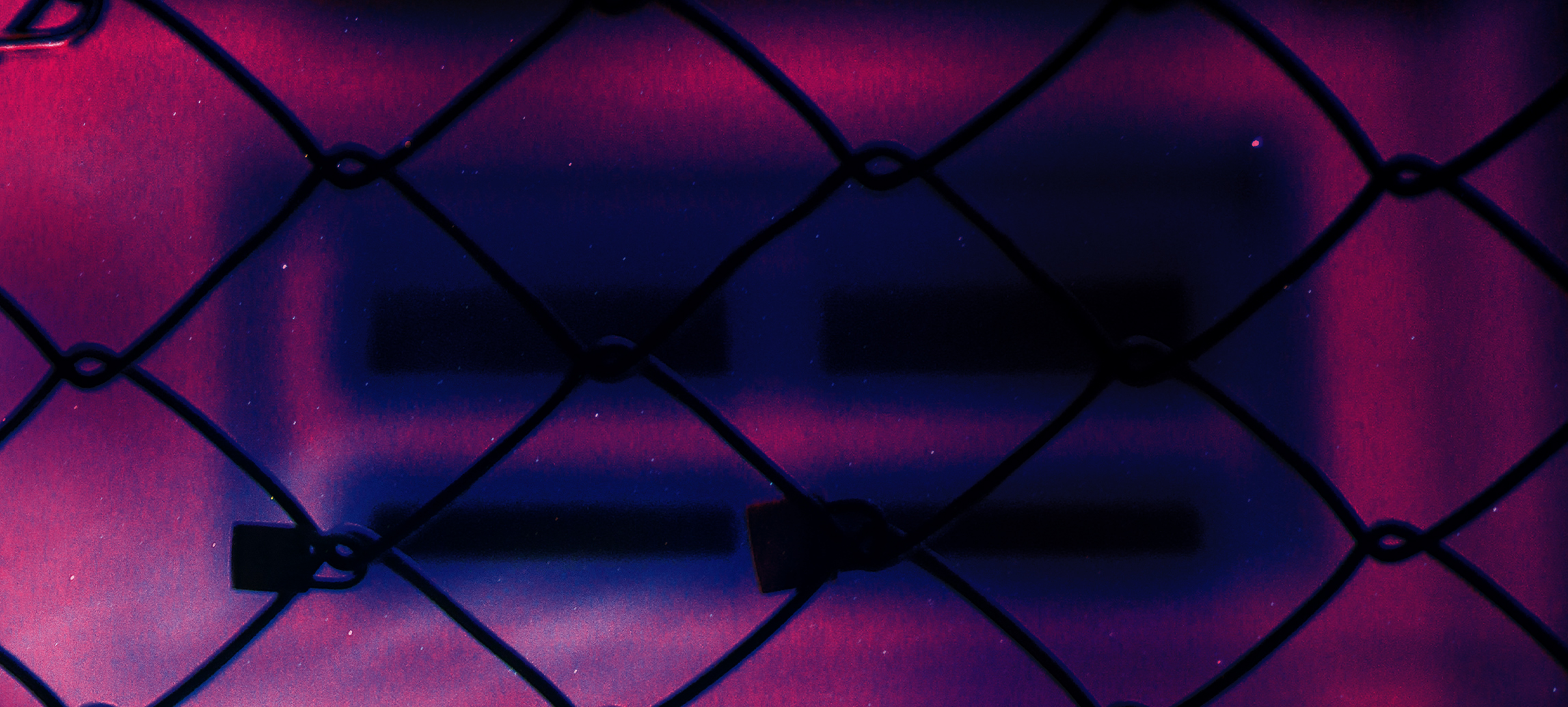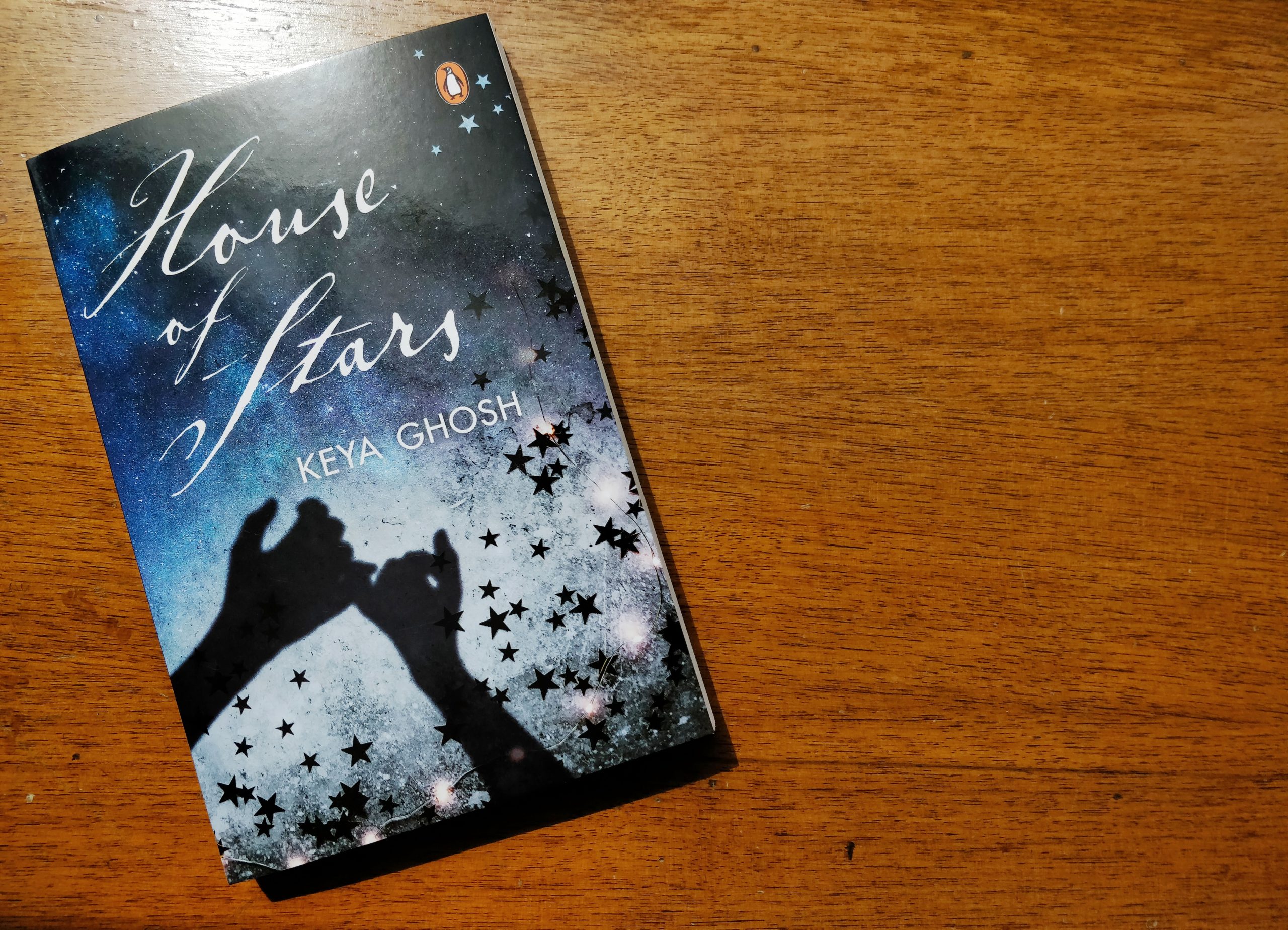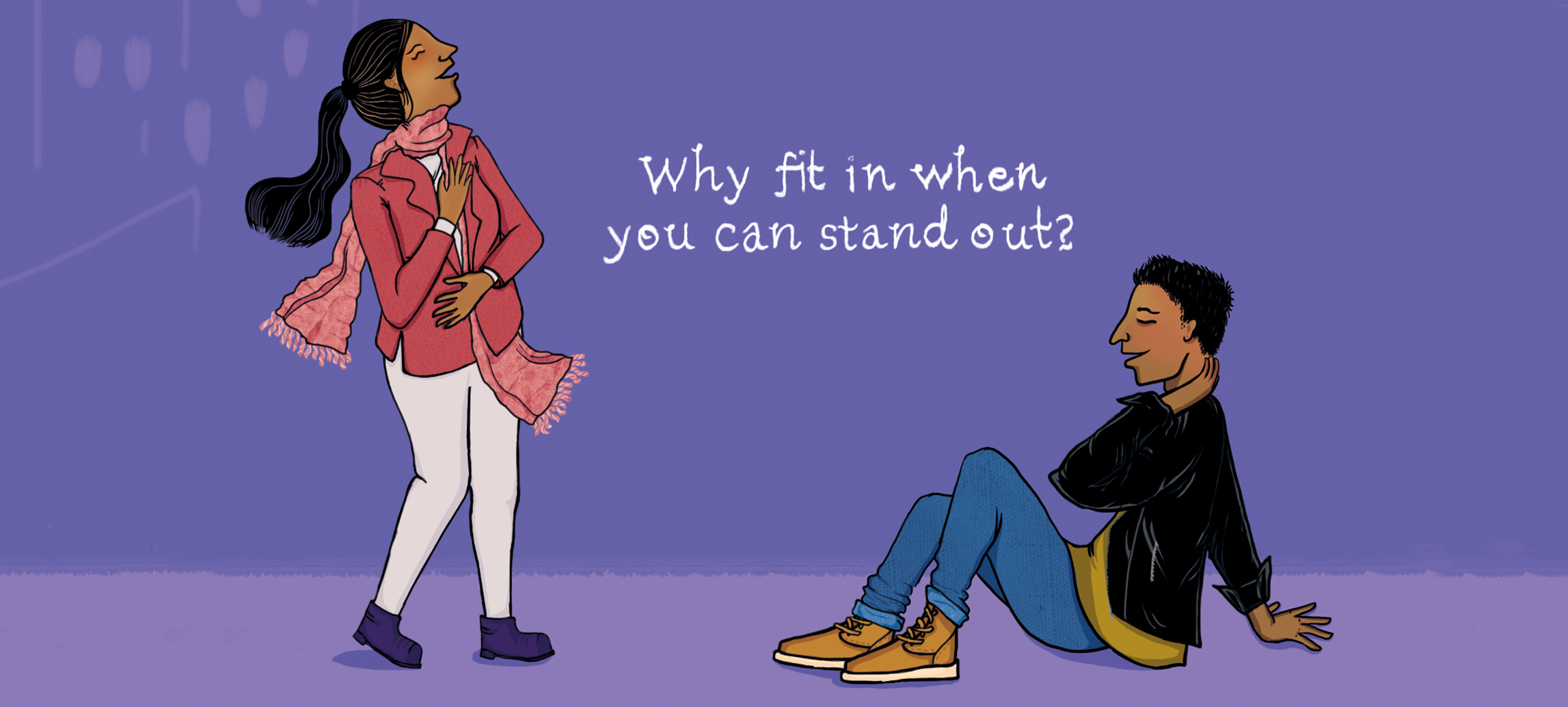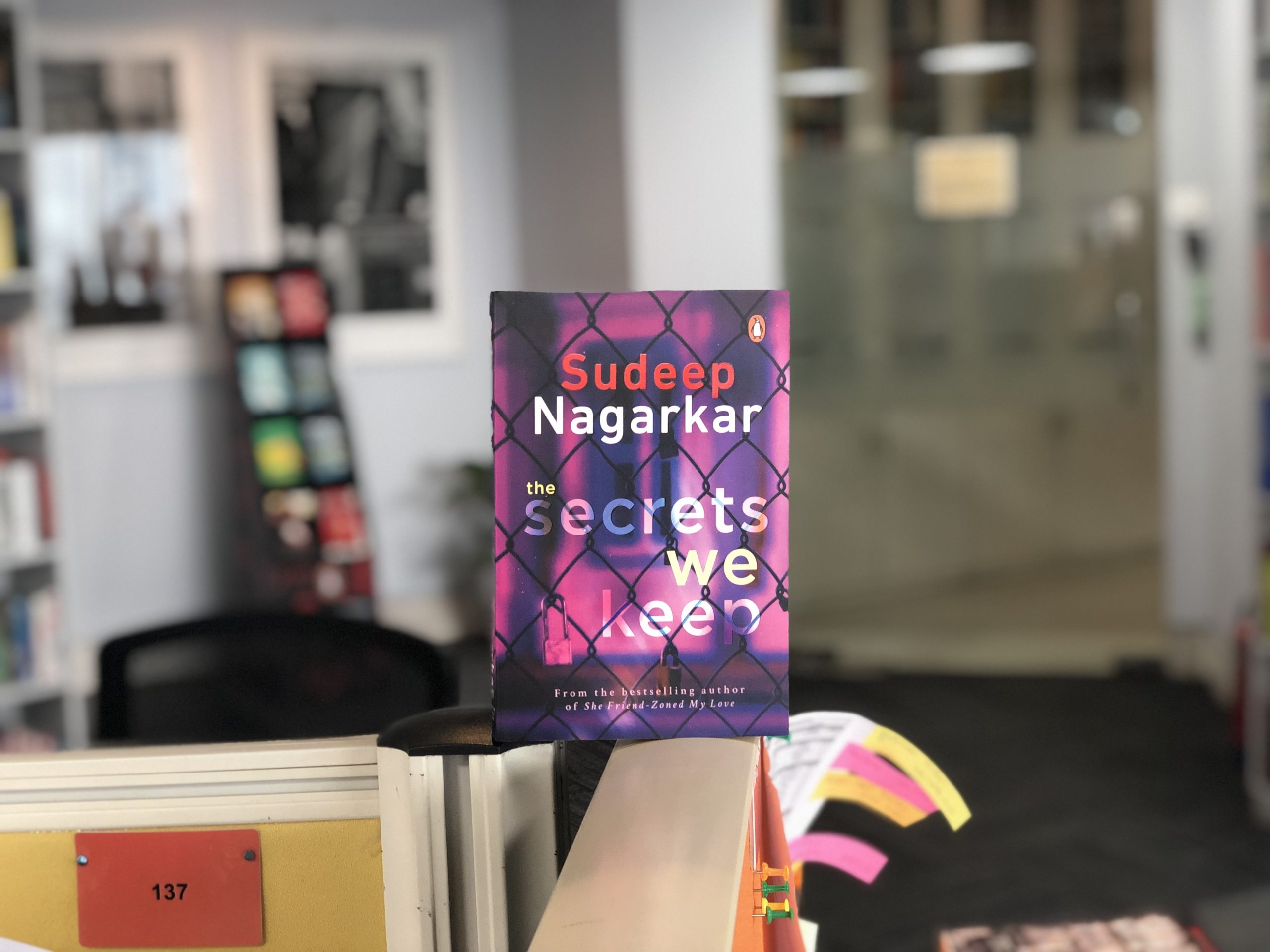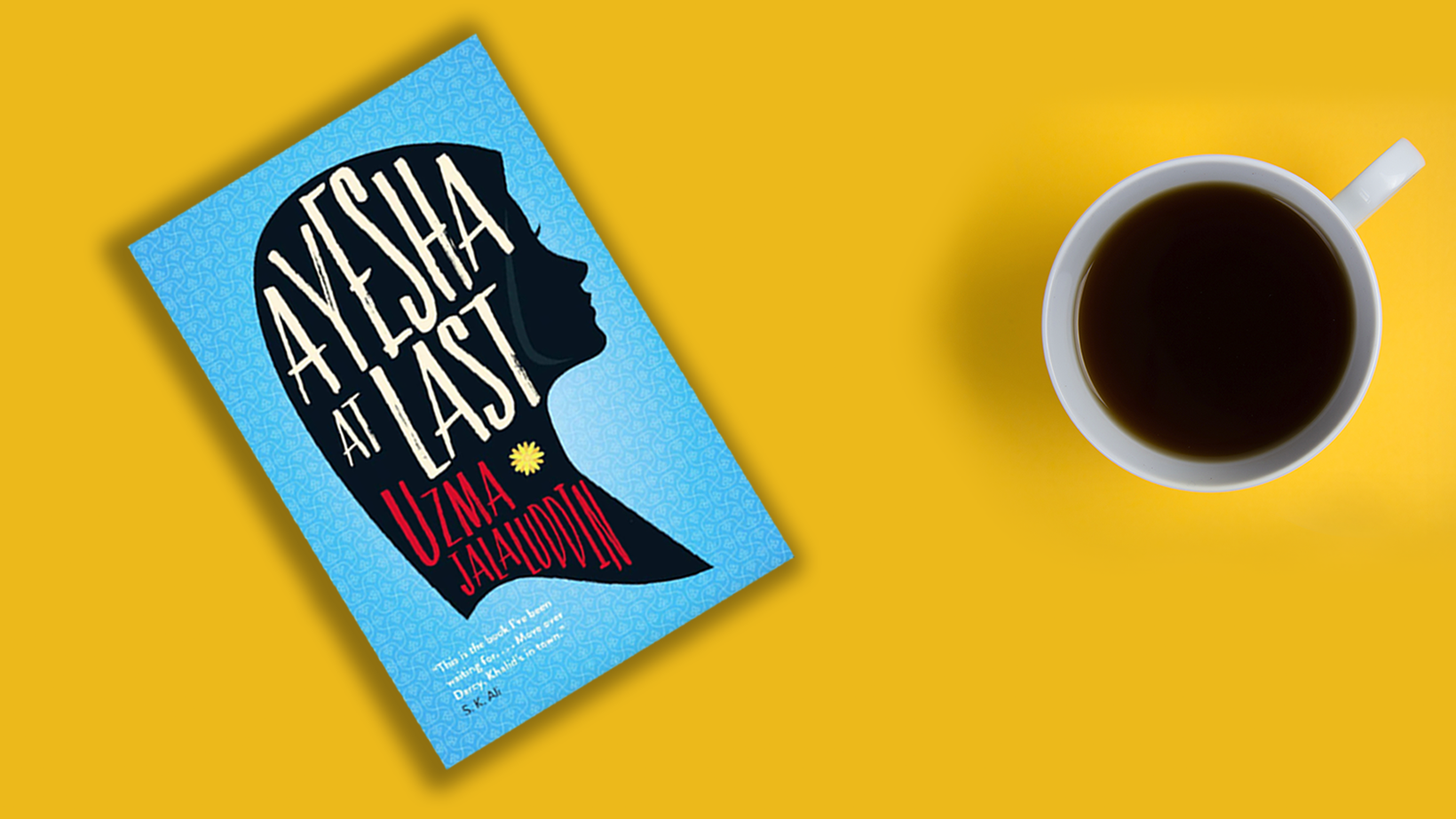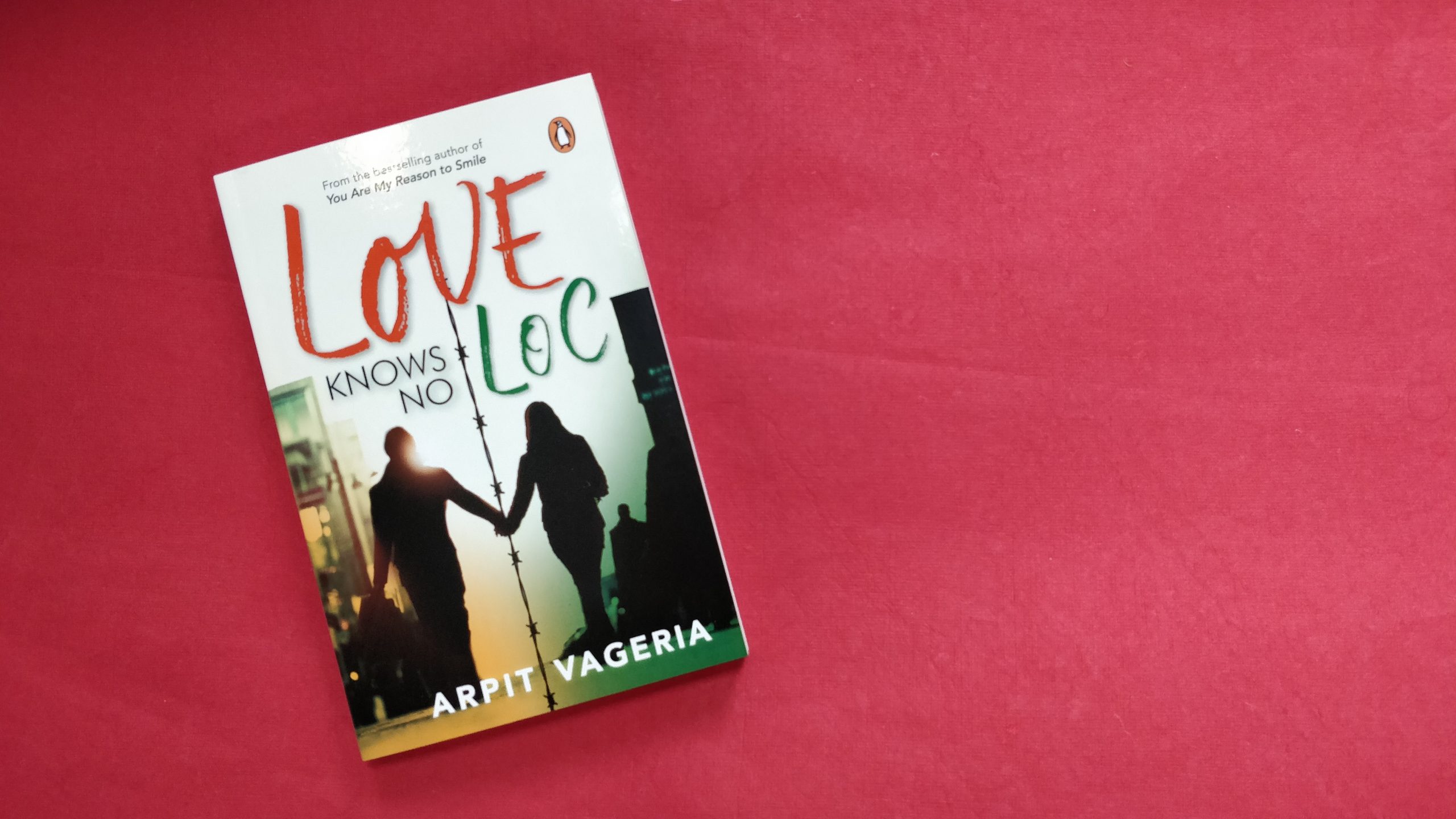by Tanaz Bhathena
The Beauty of the Moment began as a short story, one that I didn’t think I would write, because I’m usually uncomfortable writing about anything that’s too close to my own life.
The story, titled Last Days, First Days, was structured as a series of flashbacks and flash forwards, the flashbacks set in an Indian secondary school in Saudi Arabia, the flash forwards in a public high school in Canada. There was a girl named Susan, a boy who was not named Malcolm, and the story wasn’t about love, but about culture shock.
I grew up in the city of Mississauga, one of the most diverse cities in the greater Toronto area, with a large population of South Asians and Arabs, but the books that I read and the movies I saw catered primarily to a Caucasian demographic.
As a sixteen year old I realized quickly that wearing any Indian clothing made me stand out—and not in a good way. After a racist incident, where a girl tried to run me over with her bicycle, I eschewed my salwar-kurtas and stuck to Western wear for the longest time.
Now, over eighteen years after that incident, things have changed along with the demography. Indian culture has gained popularity in North America—largely thanks to the powers of Bollywood and globalization. Wearing Indian clothing doesn’t make you stand out any more than wearing Western clothing.
In publishing, things were changing, too. Writers in the YA community in America were the ones driving the change, forming an organization called We Need Diverse Books in 2015. In Canada, the Festival of Literary Diversity began in Brampton. Both organizations advocated for more inclusivity in the stories that were being produced and in the writers who were telling the stories. #OwnVoices, coined on Twitter by Corinne Duyvis, was turning into a revolution. More and more readers were demanding diverse stories—and that too by authors who had lived their characters’ experiences.
My first book, which you all know as A GIRL LIKE THAT, would likely still be languishing in a slush pile at a publishing house if not for these movements.
When the time came for me to write another book, I went back to Last Days, First Days and wondered: What if this were a novel?
I’d read a few books starring Indian American teen protagonists such as Tanuja Desai Hidier’s brilliant Born Confused. Yet, there were few if any books about first- or second-generation Indian Canadian teens. And there were no books that I came across that were actually set in Mississauga.
Back when I was a teenager—or even eight years ago (when I wasn’t), I wouldn’t have thought it possible to write a story about these things. I didn’t see myself on the page in North American fiction and I had grown used to my own exclusion.
So I went back to the story I had written, tore it apart and started rewriting a story that had my heart all over it.
I wanted to write a book that broke the monolithic view that North Americans can have of Indians, not realizing how diverse people from my birth country really are. I also wanted to show the world what life is like for Indians in the diaspora—with a focus on the griefs and the joys of displacement.
This book combines all three of my identities: Canadian, Saudi and Indian. Like Susan, I do not fit into a neat little compartment or category. But writing this book allowed me to realize that it is okay to stand out at times. To even step outside our comfort zones.
For me, writing a romance definitely was out of my comfort zone. So was allowing my characters to be teenagers and make the mistakes I made when I was that age.
The Beauty of the Moment is not perfect. It certainly isn’t the single best representation of Indian Canadian teens—and I don’t want anyone to see it that way. But I do hope that there will be teen readers who will be able to see themselves in the story and that there will be even more teens who will use the book as a window to cultures and experience different from their own.
Furthermore, I hope other writers—teens and adult—will be inspired add their tales to the repertoire of #ownvoices stories.
If the story you want to read hasn’t been told yet, the you must write it.
The world is waiting for you.
Tanaz Bhathena’s new book, The Beauty of the Moment tells the story of







